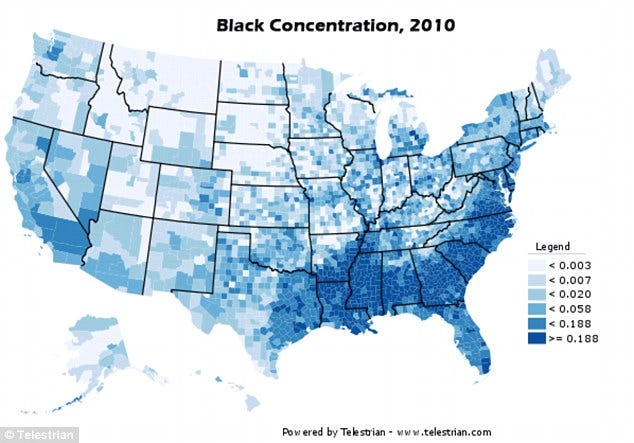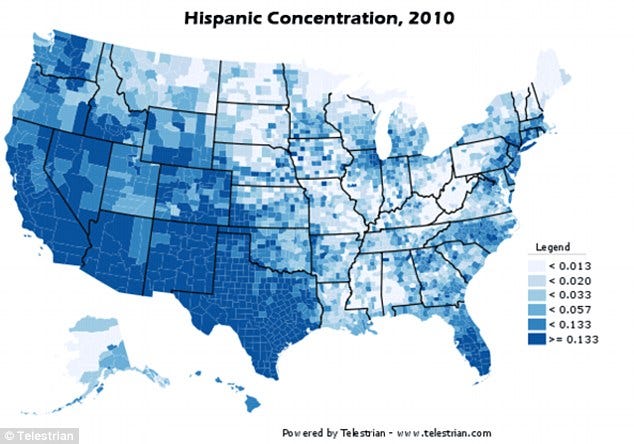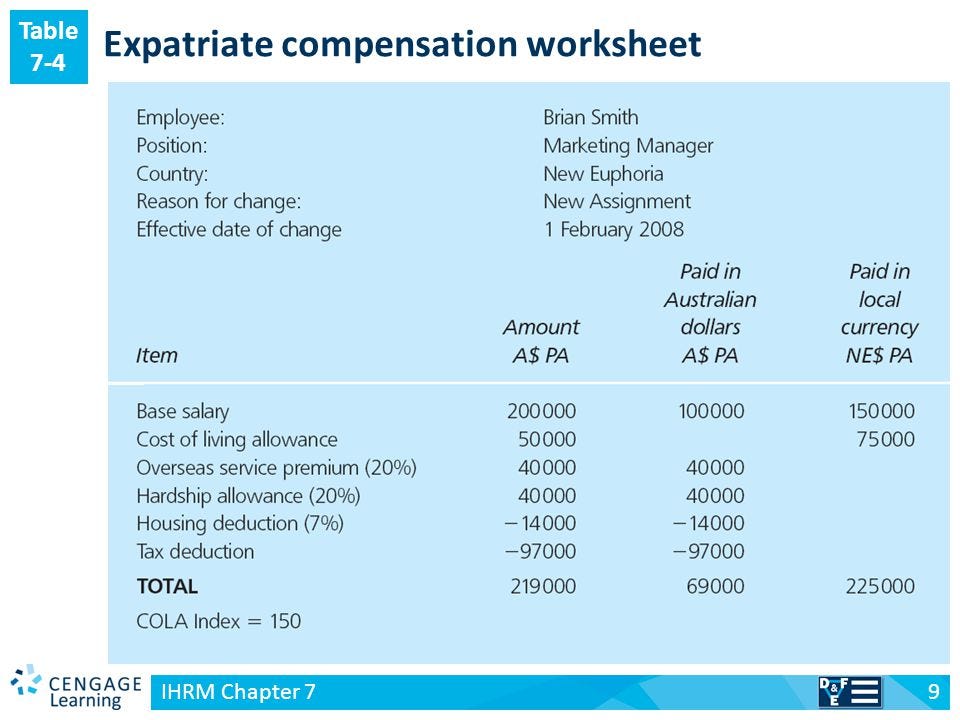
Internal Reparations
The Burden of Responsibility Needs Compensation
The two hundred folks on a call put together by Dr. D’Wayne Edwards was uplifting, even as just a fraction of the potential mind space that fills the hallways of the footwear industry. Through Pensole, the collective of minds and bodies at work will resolve many of the diversity concerns that are historical pillars at the companies we fought to work for.
Having been disconnected from the corporate structure for several years, I almost forget the day-to-day struggle until these conversations remind me of the full experience. And Them has corporate clients and my wife works in the industry, so I can feel it. But by no means do I live it.
The two topics we didn’t have enough time to get into, I want to hear more about. Or maybe, I have more to say.

Location. Location. Location.
There was an ask from the call about the bulk of the footwear industry being located in Portland, Oregon and Boston, Massachusetts. Neither of these cities would be chosen destinations for Black people, so the industry is what brings us there. You don’t have to google to long to see the histories of Portland and Boston to realize the underlying contempt those cities had for Black and Brown folks.
Dr. Edwards pushed back on the notion that going some place uncomfortable was a bad thing. Sometimes you have to move to where the best opportunities are available. I would not have gotten to where I’ve gotten without moving to Beaverton.
From Atlanta.
An engineer spoke about the opportunity he had in Maine with Cole Haan that eventually landed him in Nike. For him, the opportunity created a better opportunity.
Unfortunately these opportunities are temporary solutions to a systemic concern.
I fled Portland. Twice.
No amount of church or Friendsgivings or soul food restaurants could cover the stares and awkwardness that existed off campus. The industry had a vested interest in understanding our Blackness. My neighbor, not so much.
Luckily we lived in middle-class, cookie cutter neighborhoods filled with immigrants working at the splattering of tech companies in Beaverton. That population was enriching and generous with an equal opportunity to explain culture and learn about the world. White people rarely experience this as a daily measure until they become expats, so the expectations are one-sided (you learn their culture) and/or individual (they learn your culture ONLY through you).


So Black and Brown folks learn to adapt in those cities that we don’t collectively find comfortable until we are given reason to leave. Each situation is different, but the result is a higher turnover rate than the rest of the population. This ultimately impacts promotion which impacts leadership which impacts power. This numbers game is obvious, but there’s another subtle issue.
The percentage of folks that ride out the discomfort that others may feel, give them an outsized view of living in those communities. Their thicker skin or willingness to stay becomes an expectation in the industry at the leadership level. Their ability to ‘tough it out’ is supported with promotions and money that allow them more opportunities to travel or live where they are shielded from the uncomfortable vibe that most Black and Brown employees face.
For every Black leadership husband that told you that Oregon wasn’t that bad, there was a wife or children (usually the daughters) that had a lesser opinion of the situation. The husband often travelled for work inside a company that better understood Black life. The wife and kids lived Oregon 24/7. And the better off the family was doing financially, the more time they spent elsewhere.
In Asia expatriate families left for their home countries the day after school ended and returned the day before it started. And this is a known conversation for white folks. When we were headed to Japan as expats, we were assigned an external consultant specializing in assisting expats deal with the struggles of living in a foreign community. We had special spousal money to make sure my wife was happy while we were there. We laughed at the idea because we didn’t need support moving from Oregon to Tokyo. We needed it seven years earlier moving from Atlanta to Oregon. In business terms that ROI is called retention.

That support and ability to live remotely was Black family life in Oregon if you could afford it. Not everyone, but it was how many of the veterans survived. In fact, some families never join the spouse in the move. The husband (most often it’s the husband) essentially commutes because Portland/Boston.
This expectation of powering through for the love of the industry at a higher level by Black and Brown leadership skews the expectations for all Black and Brown employees.
I don’t expect companies to move their headquarters to Atlanta but I’ve seen the flexibility tech companies have created with respect to employees rerooting their ties to the company by adding offices in more affordable cities like Pittsburgh and Austin. The trade-off of course is a lack of visibility which limits growth. But the invisible trade-off of retention is simply being ignored.

Sponsors and Mentors
I remember the folks I didn’t have the time to support more than I do the individuals I helped.
Because guilt.
Most Black and Brown leaders spend more time supporting people in the industry than their white counterparts. Now, if you focus inside one company you’ll find that conversation to be similar. Almost every Black leader would have taken my call at Nike for any reason. That type of availability is the norm. It’s expected. And it’s taxing.
That time given is an opportunity cost. Of course it’s an investment, but look at the numbers. If I would have invested more time in white interns and younger employees, more of them would be calling on me for projects within the company after their subsequent promotions. But most of the Black and Brown folks I mentored have moved on — often because of lack of growth.
This doesn’t mean that those Black and Brown employees disappeared from the face of the earth. But the internal investment that was individually given to Jeffrey Alan Henderson within Nike would have ultimately been better spent on the designers that were more likely to stay — from a Nike perspective. Even if 50% of us would reach director levels while we were there, the ‘cultural fit’ would have had more ROI.
But I’d never stop investing an abundance of my personal time in young Black and Brown talent.
Personal time.
The company expects us to do this because we expect us to do this. Like running affinity groups, this is all extra credit unless you are in a Diversity and Inclusion role. The community connections and leadership relationships are enormous for those growing within the company, but the trade off becomes less professionally substantial as you grow. Please point out that ex-affinity leader in their current C-suite roll.
Sure, I’ve earned a level of stability in the job and in my income, but others have used their time to better themselves within the company. Not everybody, but the numbers show a trend. Yet, because everyone provided you with an hour of their time when you were coming up, you feel obligated to do the same. Each one teach one.
I don’t argue against that feeling. I am two Virgils that feeling.
(side note: please don’t take this as an open invitation to start a dialogue from scratch with every Black or Brown veteran because you, yourself are Black or Brown. The Youtube is full of information on how to shoot a step-back three so don’t waste everyone’s time asking an NBA veteran how to get into the league.)
But you only have so many hours in the day. Fatigue is real. The toll is on your mind and then your body. You will sacrifice so much that your white counterparts don’t. This is why they have more time to do more work that the company actually values.
Don’t get me wrong. I know that white leaders are available to meet. In total, they looked over my portfolio 3x more than Black leadership. But there were only four white leaders — not above me on the org chart — I met with more than three times. White leaders were open but Black leaders would stop me in my tracks and enquire why I hadn’t been in their office. Aunts and uncles.
Black leaders would talk shop with me at their kid’s basketball games because that’s the only time they had in their schedule. I’d find myself doing the same thing at my kid’s soccer games. I was/am available always. I wouldn’t change that for the anything.
But it takes a toll.
I heavily follow the medical community on Twitter and the toll of giving back on Black doctors is taking it’s toll. Black doctors often want to work in thier communities, where the lower compensation in relatively underfunded facilities. When they show up at common gatherings the inequities in pay and work-life balance are disheartening and eventually lead to an early exit. And I’ve left out the part where the only reason they got into med school was affirmative action.
Sound familiar?
The change I’d like to see is that companies recognize this contribution and pay accordingly. I’m on the outside and these writing rants both offer insight to folks who are in my shoes but also drives work to me from companies that need these conversations, this mentorship, this education — simply put: I get paid for this. I run a creative consultancy and sell a few shoes a side hustle. Like it or not, every hour of your day affects the monetary hours of your day.
I know how much these conversations mean because I still thank my mentors to this day for everything I know while I receive a steady diet of Thank You’s from the folks I feel like I barely had time to talk with.
So if companies gain from them, they should pay for them. The metrics that evaluate your pay should include the number of hours you spent walking people through their presentations or bonus packages while you simultaneously were teaching your kids to drive.
This work is important and Dr. Edwards won’t let us stop.
But it’s still work. So it should be acknowledged. And budgeted for.
Thanks Dr. Edwards
I hope everyone in the industry understands the value that the African American Footwear Forum is providing for everyone. If you fit the description, join and contribute. Change in the industry won’t happen without deliberate asks from well informed individuals speaking as a collective.
I look forward to seeing everyone at the next in-person event in Miami!
Good things.

